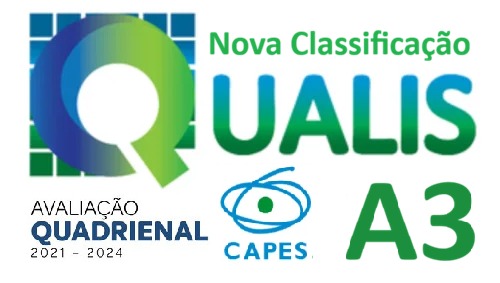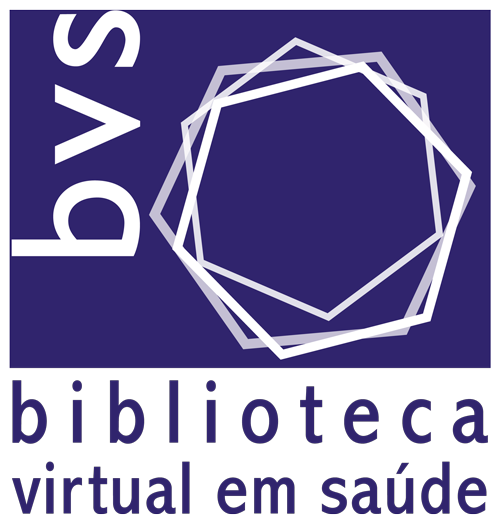Avaliação da qualidade da imagem e da Dose Glandular Média em Mamografia Digital.
DOI:
https://doi.org/10.15392/bjrs.v3i1A.93Keywords:
mammography, radiology, dosimetry.Abstract
The most important reference for breast cancer diagnosis is still the mammography. Mammographic technology has evolved in such a way that we have digital systems nowadays. Thus, image generation quality control must evolve as well. In this work, we have evaluated digital image quality and entrance skin dose (ESD) for different breast thicknesses simulated by PMMA plates (one, two, three and four centimeters) for different target filter combinations, suggesting a protocol optimization to the mammographic automatic system.We have used CDMAM 3.4 phantom (a contrast detail phantom) and its software in order to analyze digital images from a Siemens Mammomat Inspiration mammographic equipment. It has been used three combinations of target-filter: Molybdenum Molybdenum, Molybdenum Rhodium, Tungsten Rhodium. Different peak tensions were tested to each configuration: 24 kVp, 26 kVp, 28 kVp and 30 kVp. Altogether 52 different configurations were tested. In order to measure ESD, we used Radcal’s 10x5–6M ionization chamber.Results show that automatic configuration does not offer an optimized process. Tungsten Rhodium was the best option for all breast thicknesses, once it offered the best relation between image quality and mean glandular dose. This result differs from literature which states that the Molybdenum Molybdenum combination is the best option for thin breasts.
Downloads
References
ARTINIS. CDMAM Manual: Contrast-Details Phantom CDMAM 3.4. Walburg, 2010.
COATES, A.M.; DIXON, A.M.; HUCKLE, J. A comparison of image quality and radiation dose between a cellular grid and a linear grid using a mammography phantom. Radiography, v. 18, p. 250-255, 2012.
DANTAS, M. V. A. Dose Glandular e Controle de Qualidade de Imagem em Serviços de Mamografia com Sistema de Radiografia Computadorizada. 2010.Dissertação (Mestrado em Ciência e Tecnologia das Radiações, Minerais e Materiais) – Centro de Desenvolvimento da Tec-nologia Nuclear, CNEN, Belo Horizonte,2010.
EMANUALLU , S. et al. Dosimetric and image quality comparison of two digital mammog-raphy units with different target/filter combinations: Mo/Mo, Mo/Rh, W/Rh, W/Ag. Radiol Med, v 116, p.310-18, 2011.
EUREF - European Reference Organisation for Quality Assured breast Cancer Screening and Diagnosis servisse. European Guidelines for quality assurance in breast cancer screening and diagnosis. Belgium, 2006.
FLORIAN, J. F. E et al. Intra-individual comparison of Average Glandular Dose of Two Digi-tal Mammography Units using Different Anode Filter Combinations. Academic Radiology, v.16, p. 1272-1280, 2009.
INCA, Instituto Nacional do Câncer. Disponível em <http://www.inca.gov.br/estimativa/2014>. Acesso em: 27 de maio de 2014.
MARTINS, L. A.L.; BARRA, A. A.; LUCENA, C. E. M. Microcalcificações Mamárias Sus-peitas de Malignidade. Revista Brasileira de Cancerologia, v56, p. 251-258, 2010.
SANTOS, A. F. Física Médica em Mamografia, 1ª edição. Rio de Janeiro: Revinter, 2010.
TOROI, P. et al. Experimental investigation on the choice of the tungsten/rhodium an-ode/filter combination for an amoprhus selenium-based digital mammography system. Eur Radi-ol, v. 17, p. 2368-2375, 2007.
VAHEY, K. et al. A comparison between the electronic magnification (EM) and true magni-fication (TM) of breast phantom images using a CDMAM phantom. European Journal of Ra-diology, v. 81, p. 1514-1519, 2012.
Downloads
Published
Issue
Section
Categories
License
Copyright (c) 2015 Brazilian Journal of Radiation Sciences

This work is licensed under a Creative Commons Attribution 4.0 International License.
Licensing: The BJRS articles are licensed under a Creative Commons Attribution 4.0 International License, which permits use, sharing, adaptation, distribution and reproduction in any medium or format, as long as you give appropriate credit to the original author(s) and the source, provide a link to the Creative Commons license, and indicate if changes were made. The images or other third party material in this article are included in the article’s Creative Commons license, unless indicated otherwise in a credit line to the material. If material is not included in the article’s Creative Commons license and your intended use is not permitted by statutory regulation or exceeds the permitted use, you will need to obtain permission directly from the copyright holder. To view a copy of this license, visit http://creativecommons.org/licenses/by/4.0/



























